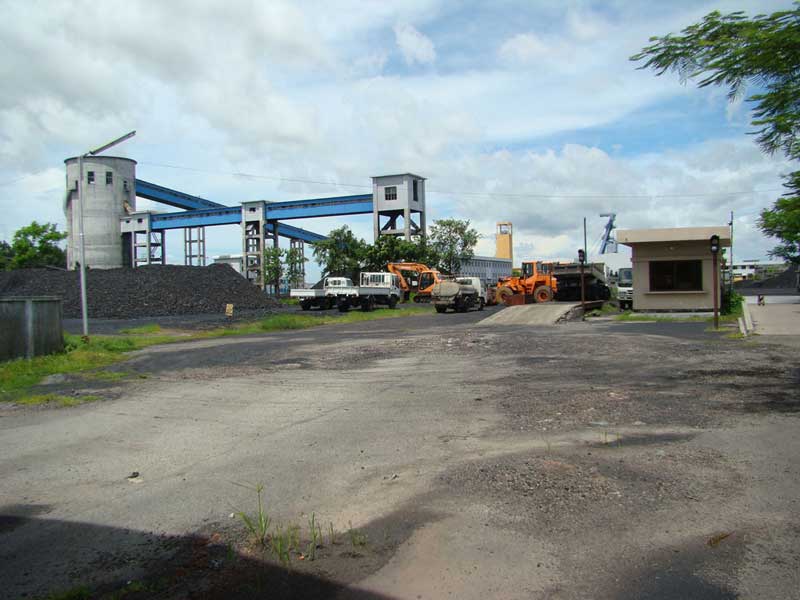Bangladesh : Mineral Resources
The responsibility of electricity generation, transmission and distribution in the Country lies with the Power Development Board (PDB ), Rural Electrification Board (REB ), and the Dhaka Electric Supply Authority (DESA). During 1997-98, the installed generation capacity Of Electricity in the country was 3091 Megawatt. But due to aging of many power plants obsolescence of some and shortages in gas supply, the real electricity generation capacity has come down to 2350-2400 Megawatt. As some power plants are under BMRE, the average power generation is currently about 1900 Megawatt. The share of gas hydro and liquid-based fuel for electricity generation is 84.5%, 6.1% and 9.4% respectively. The peak demand is about 2300 MW which will jump to around 3150 MW by the year 2000 A.D. The government has amended the Industrial Policy and adopted the Private Sector Power Generation Policy in order to open up the power sector to private investments.

Natural Gas is Bangladesh's most important source of commercial energy. It meets 70% of the country's commercial energy requirement. Other sources of primary energy are imported petroleum products and coal.
The construction work of Barapukuria Coal Mine project has been started in 1994. It has a proven reserve of 303 million metric tons and is expected to he commissioned in 2000-2001. The Madhyapara Hard Rock project is expected to produce 1.65 million tons of hard rock annually after its commissioning in the year 2000.
The Government has invited foreign investments to expedite exploration, production and development of natural gas and petroleum. Incentives for foreign investors have been offered in the National Petroleum Policy adopted recently. Some multinational companies have already started work in different exploration blocks of the country after signing production sharing contracts with the Government.